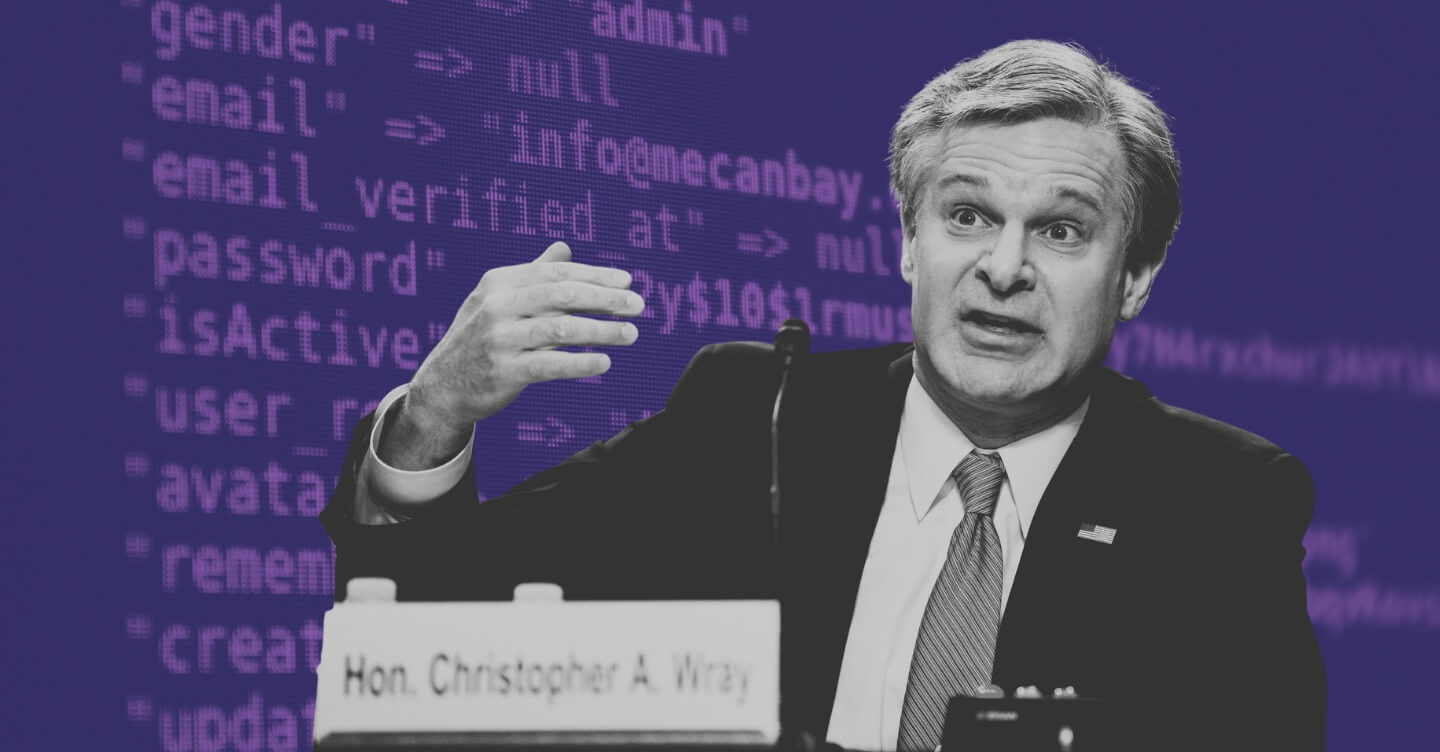Tag: fbi
-

FBI Director Admits to Potential Misuse of Personal Data
In a startling admission that strikes at the very heart of American civil liberties, FBI Director Christopher Wray confessed to the regular acquisition of innocent Americans’ personal data from companies with the prospect of potential criminal charges. This disconcerting confession has reignited concerns about the politicization of the nation’s principal federal law enforcement agency and…
-

Why We Should Reject CIA-Backed Surveillance in Our Schools
The recent surge in school shootings has understandably led to a heightened concern for the safety of our students. As part of the solution, we are witnessing the rise of technology companies offering advanced security systems designed to prevent these tragic incidents. One such company is Gabriel, an Israeli firm specializing in school shooting prevention…

